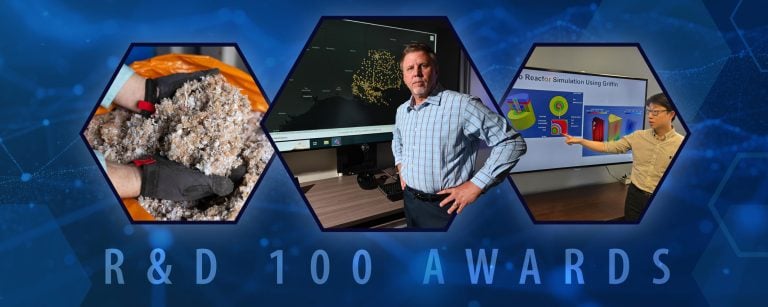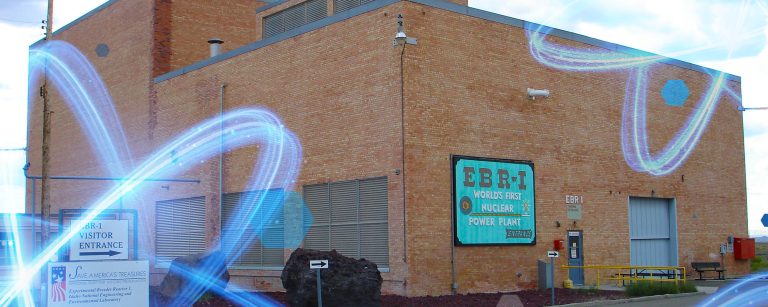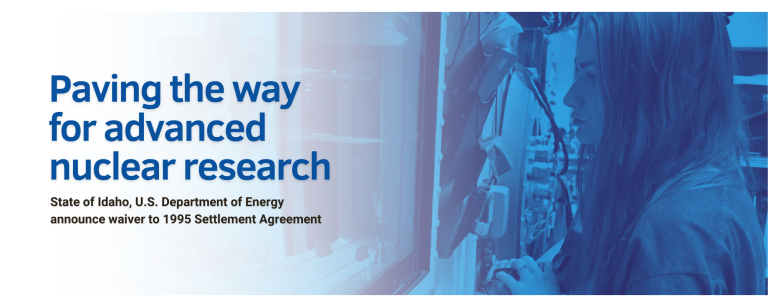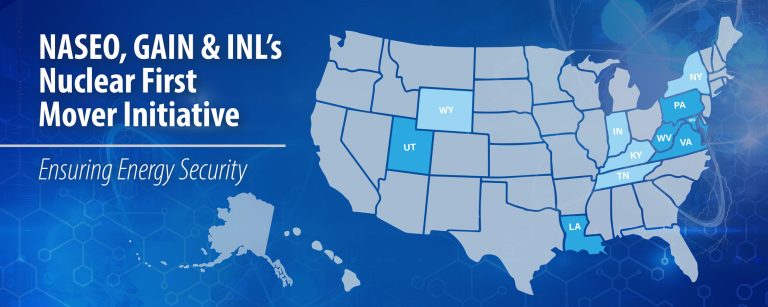Food processing requires a tremendous amount of water and energy. Coming up with innovative methods to be more efficient in water and energy use and wastewater treatment is paramount to meet the rising demand for food, energy and water needs and to ensure finite resources will be available for future use. Projections show that the demand for food will double around the world by 2050; however, this extra food must be produced using essentially the same amount of water and energy that is used to produce present day food supplies.
What are the industry challenges in wastewater management and what can universities and national laboratories do to help food processing companies be more efficient in their water and energy use? The Center for Advanced Energy Studies (CAES) held a meeting Feb. 23 in Boise on Waste Water Treatment, Recycling and Energy Research to answer those questions.
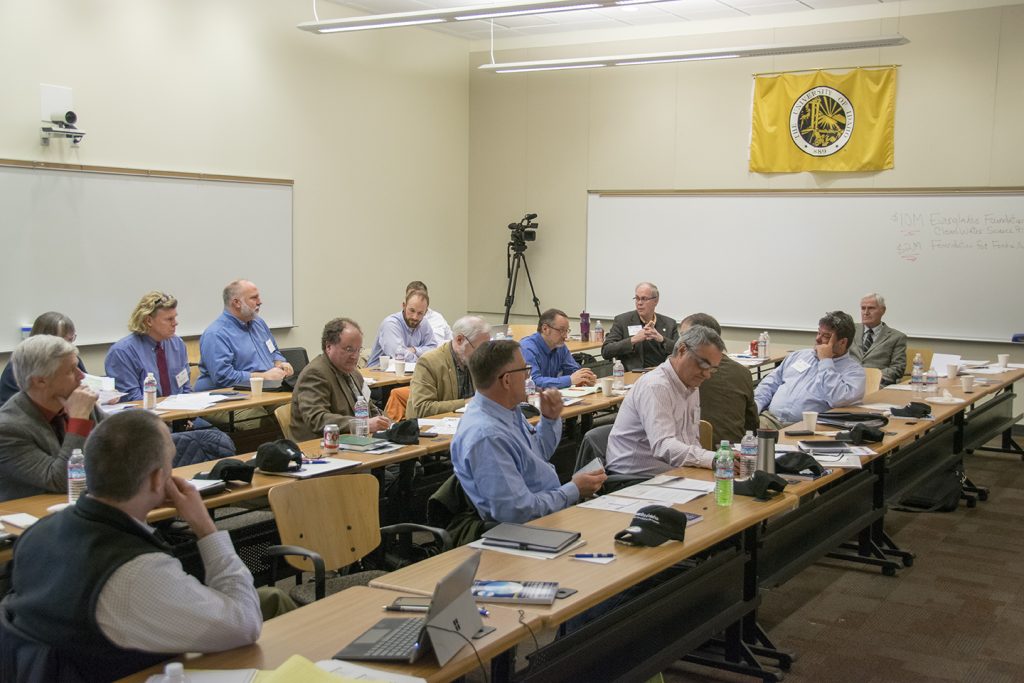
Co-hosted by the Northwest Food Processors Association (NWFPA), the one-day meeting brought together over 30 researchers from government, national laboratory, industry and academic institutions to discuss challenges in wastewater management and energy efficiency. The agenda included speakers from CAES, the Idaho Department of Commerce, NWFPA and representatives from 12 companies. Researchers from all CAES member institutions – Idaho National Laboratory, University of Idaho, Idaho State University, Boise State University and University of Wyoming – were in attendance.
Solving energy and water challenges are top priorities for the NWFPA, a trade association of over 140 processor companies and 350 suppliers in Idaho, Oregon and Washington. The NWFPA was instrumental in bringing key participants from the food processing industry to the meeting.
Megan Ronk, director for Idaho Department of Commerce provided the keynote address. She described the importance of the food processing industry to the state of Idaho and discussed possible funding opportunities for research and development to address the industry’s energy-water technical challenges.
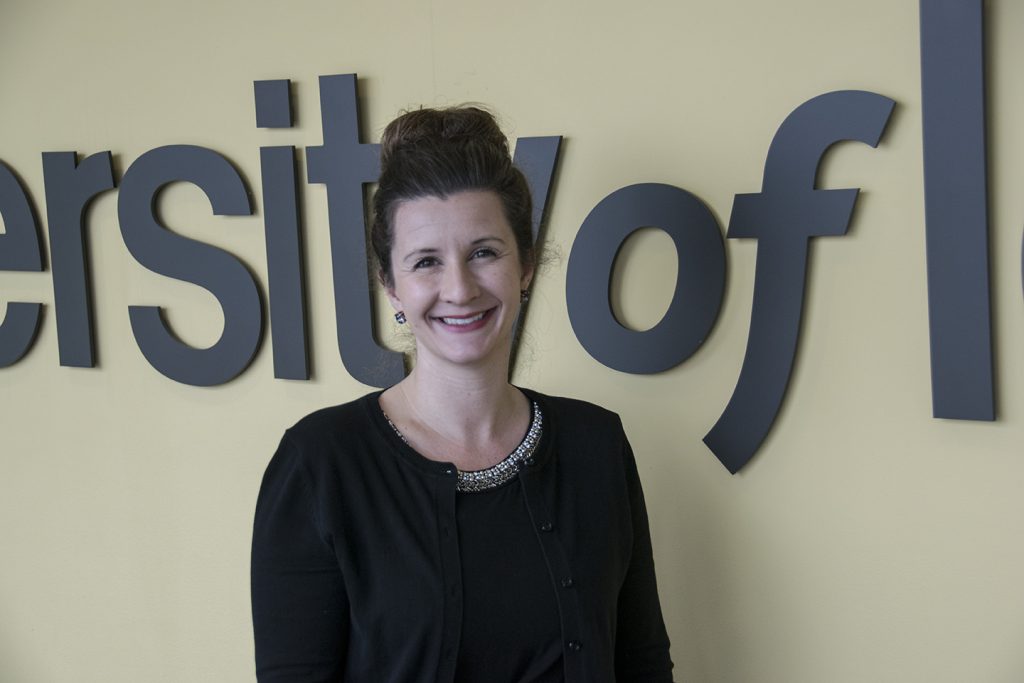
Pam Barrow, energy director of the NWFPA, explained why the association was interested in the event. “We are here to identity and find solutions for industry needs and issues, especially with water,” Barrow said. “The work that CAES and INL does can help us find those answers.”
Food processing is one of the Pacific Northwest’s biggest economic drivers. Because of this, the goal of the meeting was to identify key energy and water food processing issues and plan a path forward.
“We are developing action items that we can execute in the next six months, and from there we want to build long-term sustainable efforts that will have an impact in the next five to 10 years. We need to act now,” said Dr. Howard Grimes, the deputy director for innovation and industry partnerships for CAES.
The morning was filled with experts sharing their research experience and findings including presentations about INL’s efficient water resiliency and security research, UI’s research on active filtration to remove nutrients and other undesirable agents from waste water and UI’s Idaho Center for Agriculture, Food and the Environment (CAFÉ).
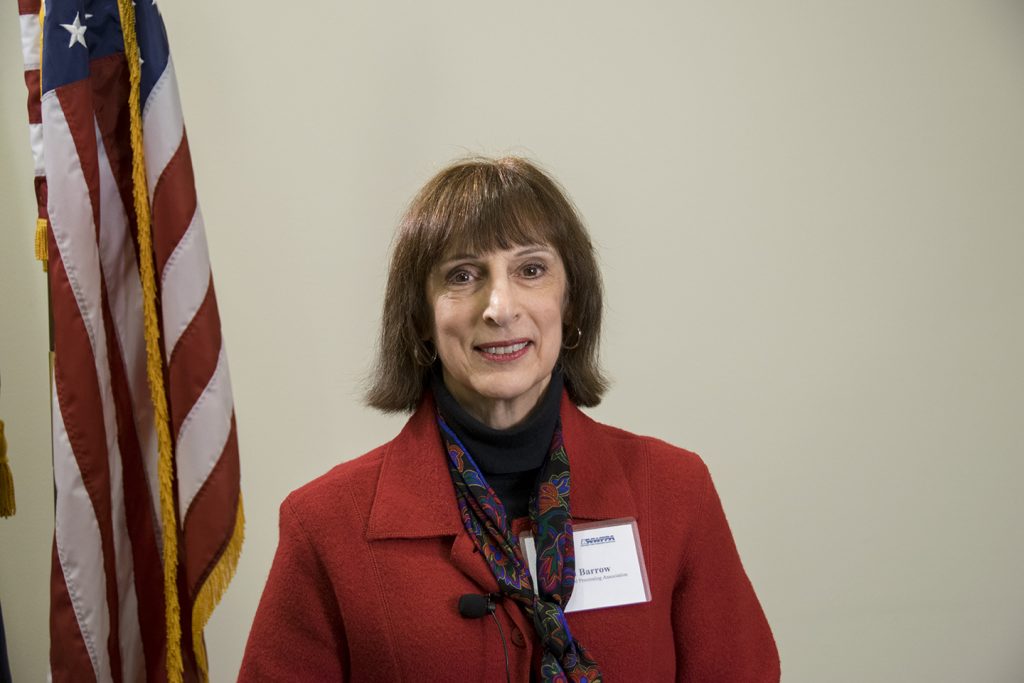
The afternoon sessions gave food processing industry attendees the opportunity to each share top wastewater and recycling issues confronting their specific companies. Despite their individual company’s products ranging from dairy, to fruit, to potatoes, all food processing companies share some common concerns and issues.
The meeting culminated in an open discussion on forming a working group to address wastewater cleanup and recycling issues.
“We identified a list of industry top priorities that cover five broad areas,” said Dr. Tom Wood, University of Idaho associate director for CAES. “These include attaining low levels of total dissolved solids (TDS), value extraction from wastewater streams, trace elements and toxics, workforce training and education and scaling up pilot projects.”
CAES will use the identified priorities to create a research and education roadmap for wastewater management and energy efficiency studies.


